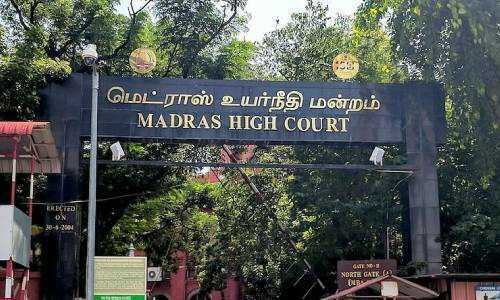
The Court established that the NCLT or its appellate court cannot call into question the Committee of Creditors' (CoC) decision to discontinue CIRP proceedings in the precedent-setting case of Vallal RCK vs. M/s Siva Industries and Holdings Limited and Ors. The stakeholders' decisions are given the appropriate weight in this decision.
In the instant case titled G.Vasudevan v. Union of India, the issue raised for clarification before the High Court was:
The contention was that Articles 14, 19(1)(g) of the Indian Constitution were violated by Section 167(1)(a) of the Companies Act 2013, which was added by the Companies (Amendment) Act 2017?
With regard to this issue, according to the Court, the "intent of the modification was that if the post of Directorship is vacated under the provision (as it was), then this post would remain vacant since these provisions would automatically apply to any individual later appointed."
Yashodhara Shroff v. Union of India, in which it was stated that the Court "has found that the Court has found that the proviso to Section 167(1)(a) must be interpreted in ordinary terms and would apply to the entirety of Section 164 including sub-section 2," showed that the Court agreed with the Karnataka High Court.
The Court has further ruled that there are two reasons for which this proviso is acceptable. First of all, it has been emphasized that the exclusion of Directors from resigning from their positions in the defaulting company while doing so in all other companies where they hold directorship has been implemented to avoid the bizarre situation where the post of Director in a company remains vacant in perpetuity as a result of Section 167(1)'s application to all newly appointed Directors. Second, it appears that the provision to Section 167(1)(a) shares the same fundamental goal as Section 164(2), which both support openness and accountability in government. These reasons lead the Court to conclude that Section 167(1)'s proviso is valid.
The Court categorically stated that,
"A Director, irrespective of the nature of Directorship, by virtue of the fact that he holds the position of Directorship cannot claim immunity for the defaults of the company in the filing of returns or the business of the company, and therefore cannot be made to vacate his post in other companies”.

